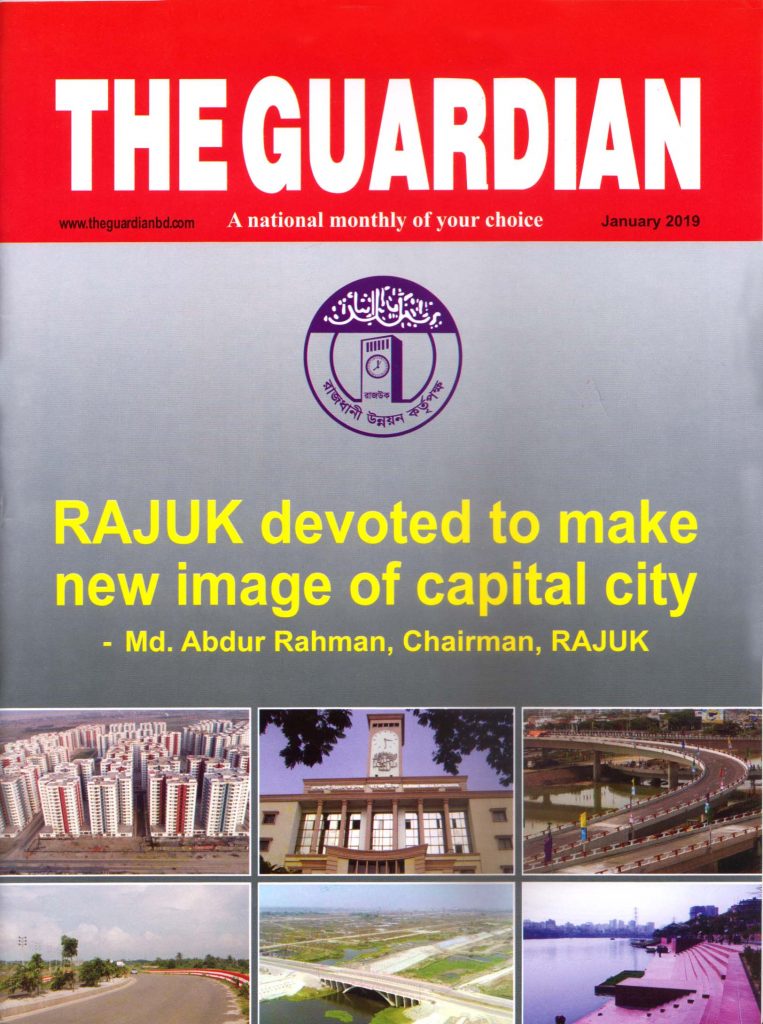Promoting good governance in environmental and sustainable development, the role of Supreme Audit Institution (SAI) is very important. Greater awareness and understanding of environment issues lead government to rethink their responsibilities as environmental stewards. Over the period globally, nationally and locally there has also been increasing concern that state, organizations and persons should be held accountable to their actions that affect the environment.
With regard to national public agencies, it has been the traditional role of Supreme Audit Institution (SAI) to hold these state level organizations accountable through the use of environment auditing tools and techniques. Thus SAI Bangladesh can play a vital role in forming and supporting efforts to achieve sustainable development by doing quality environment audit.
In principle, environment audit can encompass all types of audit approaches. It involves to understand the various facts of environmental problems and to achieve the skill of applying suitable audit tools and techniques when addressing them. Thus environment audit can be defined as a management tool comprising a systematic evaluation of how well the management and equipment are performing aiming to facilitate management to control of environmental practices and to assess compliance with country’s existing policies, rules and regulations.
The performance audits are considered the most important tool since they involve the assessment of environmental circumstances, compliance of legislations and evaluate the economy, efficiency and effectiveness of the use of public funds as well as raise observations on environmental management systems.
The INTOSAI working group on environmental auditing approach adopted the following guidelines to conduct environment audit.
1. Environmental Audit and Regularity Auditing (2004),
2. Sustainable Development: The role of Supreme Audit Institution (2004),
3. Guidance on Conducting Audits of Activities with an Environment Perspective (2001),
4. The Audit of International Environmental Accord (2001),
5. How SAIs May Co-operate on the Audit of Environmental Accords (1998).
Bangladesh is one of the countries that are seriously affected by environmental hazards. Bangladesh has been ranked fourth among 91 countries with worst urban air quality in the latest air pollution monitoring report of World Health Organization (WHO). Moreover, three Bangladeshi cities have been put among the top 25 cities with poorest air. The 2014 version of the Ambient Air Pollution (AAP) database consists mainly of urban air quality data of 1600 cities from 91 countries. Among the gaseous pollutants which the DoE measures are carbon monoxide (CO), sulphur dioxide (SO2), oxides of nitrogen (NOx) and ozone (O3), methane and non-methane pollutants.
Besides, water pollution in Bangladesh has become another major concern. Surface water is extensively polluted by industrial and household wastes and chemicals used in agriculture. Of these, the untreated wastes from the industries prove to be the most damaging. Soil pollution also occurs from the uses of excessive use of pesticides and herbicides in agricultural fields. Ship breaking industry is also a major source of air and water pollution in the southern part of Bangladesh.
Bangladesh is going to set up nuclear power plant. Coal power plants are already running in Bangladesh. In future, radioactive pollution from nuclear power plants and thermal pollution from coal power plants may become other major environmental issues of concern. Thus the importance of environment audit is increasing gradually day by day with the development of the economy.
Foreign development partners of Bangladesh are funding different projects to catalyze the adoption and strengthen capacity to plan, monitor, regulate and implement Sustainable Environmental Initiatives (SEI’s) ) in key polluting sectors, capacity building for Air Quality Management (AQM) as well as Institutional- legal and regulatory aspects, introducing energy efficient green technology to mitigate environment pollution.
Foreign Aided Project Audit Directorate regularly conducts financial and compliance audits to these projects. Our audit findings show lack of co-ordination between ministries and departments which are responsible for monitoring and inspection. Law enforcement against polluting sectors or industries is not adequate at all. There are gaps between policy on paper and policy in practice.
It has been identified by FAPAD audit that sometimes funds are not used economically and efficiently to ensure the best results for the environment. Donor funds are used in a manner that does not correspond to the priorities of the environmental program.
Work so far done in the field of environment audit in Bangladesh includes:
1. Performance audit on “Bio diversity of Saint Martin Island” FY 2006-07,
2. Ministry wise system based audit on Ministry of Environment and Forest (with assistance of FMRP Project FY 2007-08),
3. Performance audit on Forest Management (with assistance of SCOPE Project FY 2011-12),
4. Performance audit on Harvesting of Sundarbans (with assistance of IDI FY 2010-11).
Recently FAPAD conducted performance audit on Climate Resilient Fund. Accordingly, SAI Bangladesh is building its capacity to address the environmental issues through effective environment audit. It will help to identify the real challenges to implement good environmental governance and to ensure environmental sustainability at the center of our development initiatives.










